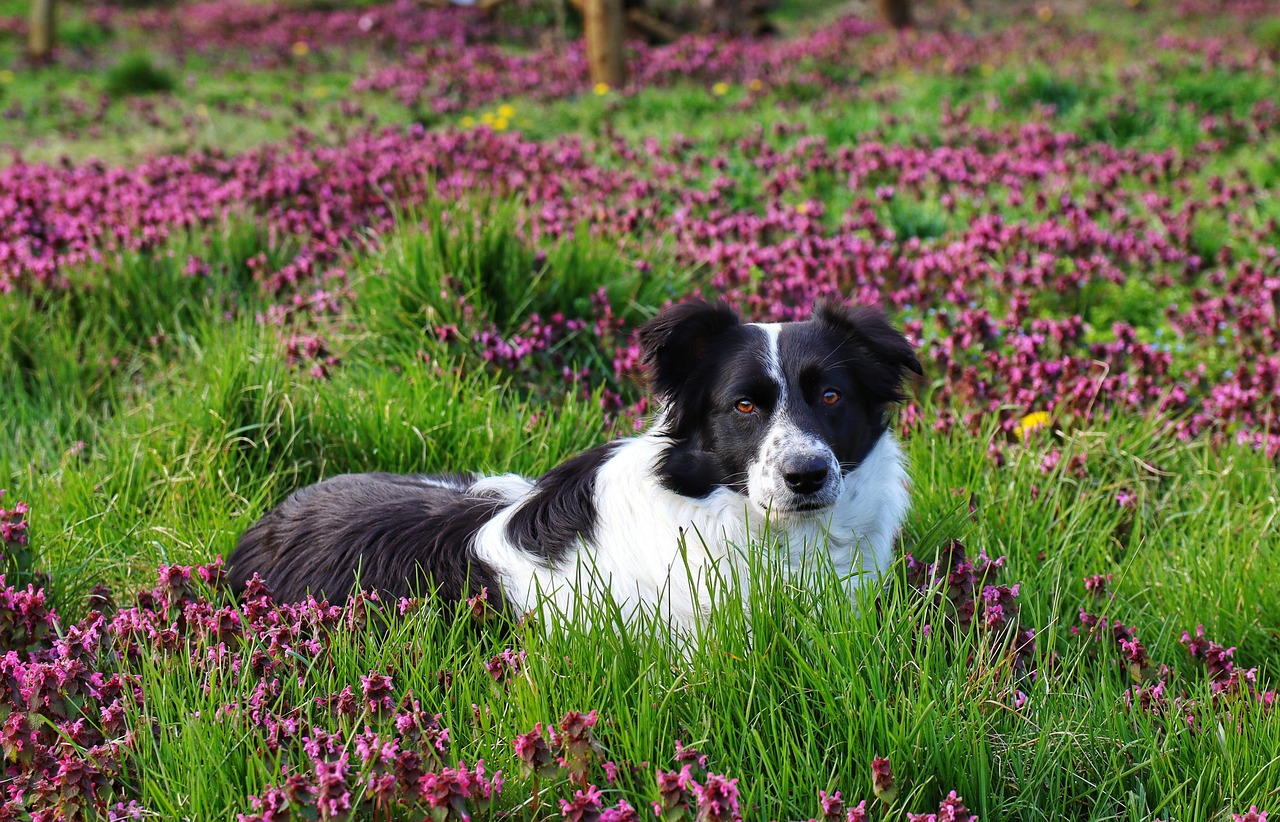 Shutterstock
Shutterstock
Dogs are known for their loyalty, intelligence, and keen sense of smell, but some breeds excel at detecting medical conditions in humans. With the right training, these dogs can sense changes in body chemistry, anticipate medical emergencies, and alert their owners to potentially life-threatening situations. Whether it’s diabetes, seizures, or even detecting cancer, these dogs possess an extraordinary ability to pick up on subtle cues that humans can’t. Their life-saving instincts make them invaluable companions for those needing medical support.
Labrador Retriever
 Shutterstock
Shutterstock
Labrador Retrievers are often hailed as the ultimate service dogs, and for good reason. Their exceptional sense of smell, trainability, and calm demeanor make them ideal for detecting medical conditions like diabetes and epilepsy. Labs have been trained to detect changes in blood sugar levels by sensing the subtle shifts in body odor accompanying hypoglycemia or hyperglycemia. These dogs can alert their owners to an impending medical emergency before it happens, allowing them to take action. Their friendly nature and intelligence make Labs a popular choice for detecting seizures, providing emotional support, and a reliable safety net for those in need.
German Shepherd
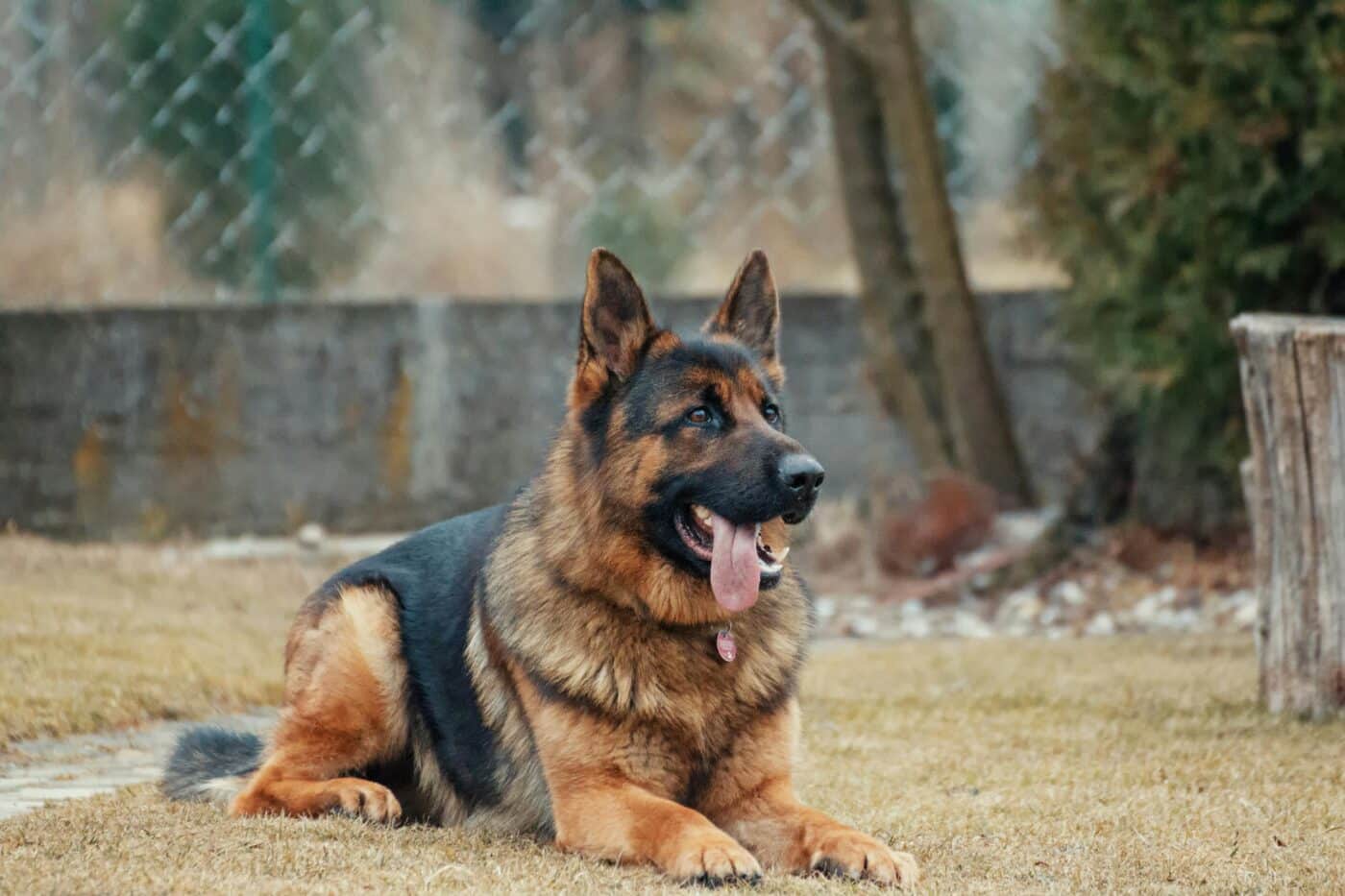 Shutterstock
Shutterstock
German Shepherds are another breed known for their sharp senses and incredible trainability. Often used as police and military dogs, they’re also brilliant at detecting medical conditions such as epilepsy and low blood sugar. German Shepherds are known for their loyalty and protective instincts, which means they don’t just alert their owners to a medical issue—they stay by their side until help arrives. This breed’s heightened sense of smell allows them to detect minute changes in body chemistry, making them ideal for people who suffer from unpredictable medical conditions. Their size and strength also allow them to physically assist individuals, offering detection and practical support during an episode.
Poodle
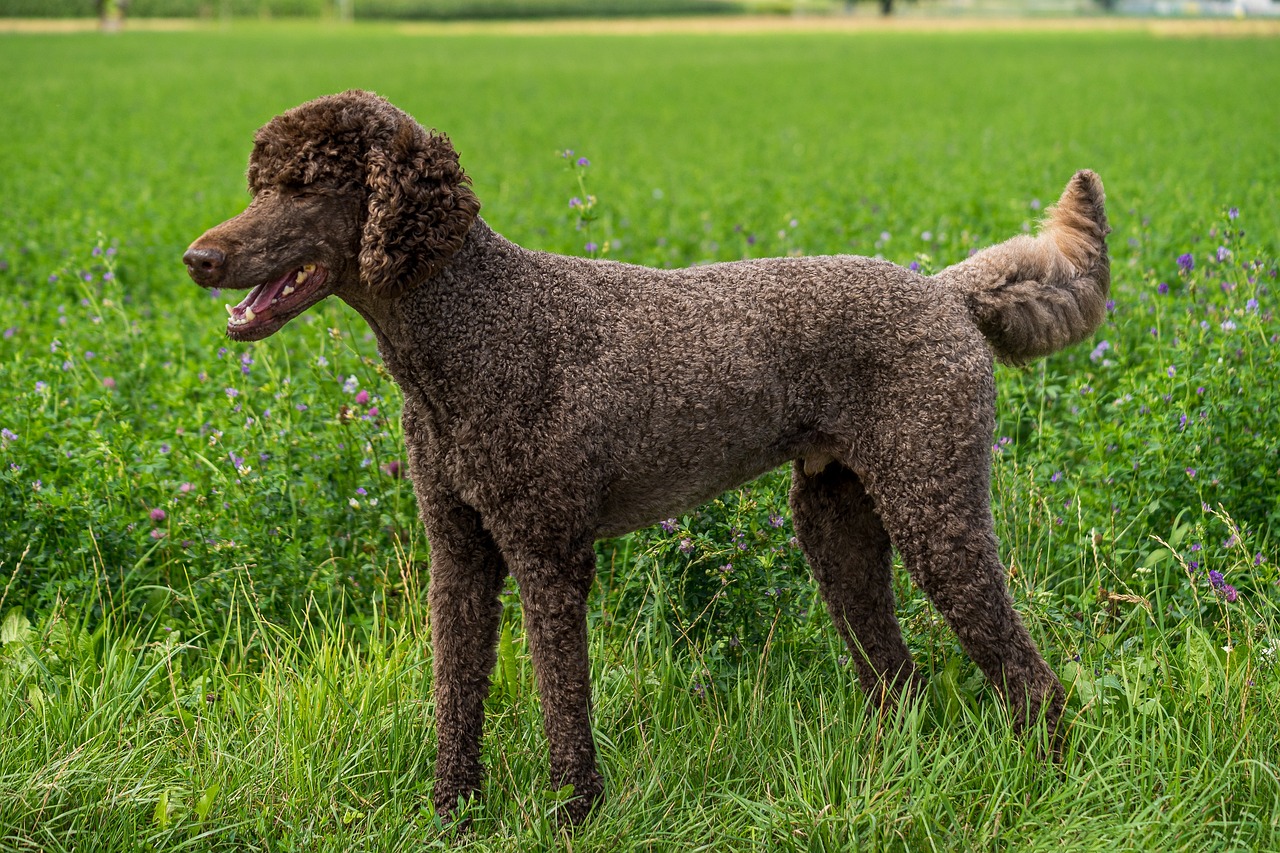 Shutterstock
Shutterstock
Poodles, especially the Standard and Miniature varieties, are incredibly intelligent and rank among the top breeds for detecting medical conditions. Their hypoallergenic coat makes them a great option for people with allergies, but their trainability and keen sense of smell set them apart in the medical detection field. Poodles can be trained to alert their owners to everything from diabetic episodes to oncoming seizures. Their quick learning abilities and adaptability make them ideal for working in various environments, whether it’s a busy household or a calm medical setting. Poodles’ sharp intelligence allows them to consistently detect subtle changes in their owners, often before symptoms present themselves.
Golden Retriever
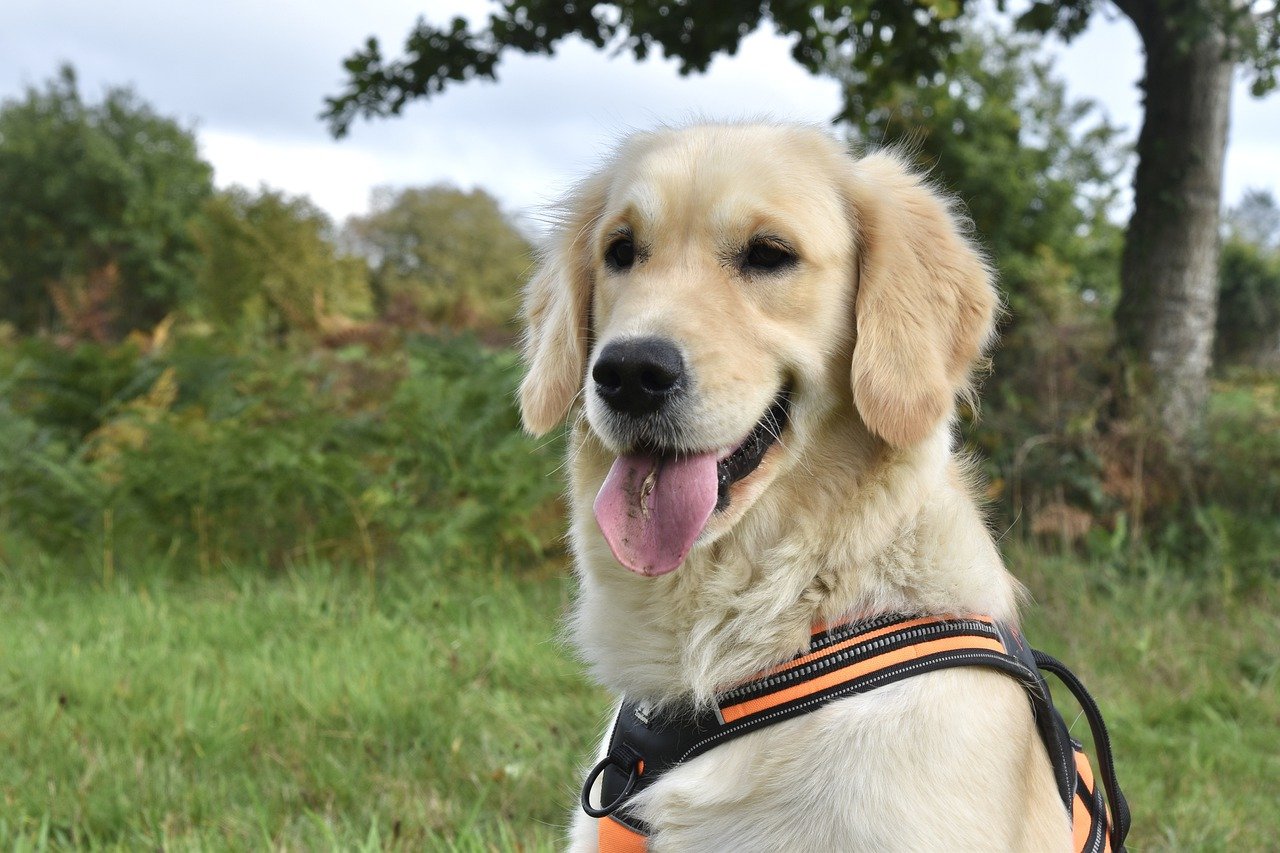 Shutterstock
Shutterstock
Golden Retrievers are beloved for their kind temperament and eagerness to please, but they’re also highly skilled at detecting medical conditions. Like their close relatives, the Labrador Retrievers, Goldens have an exceptional sense of smell, making them perfect for diabetes detection and seizure alert tasks. Their natural empathy allows them to connect deeply with their owners, enhancing their ability to detect something wrong. Golden Retrievers are also used in cancer detection programs, where they are trained to sniff out volatile organic compounds associated with certain types of cancer. Their gentle, calming presence helps not only in medical detection but also in providing emotional support during a medical crisis.
Border Collie
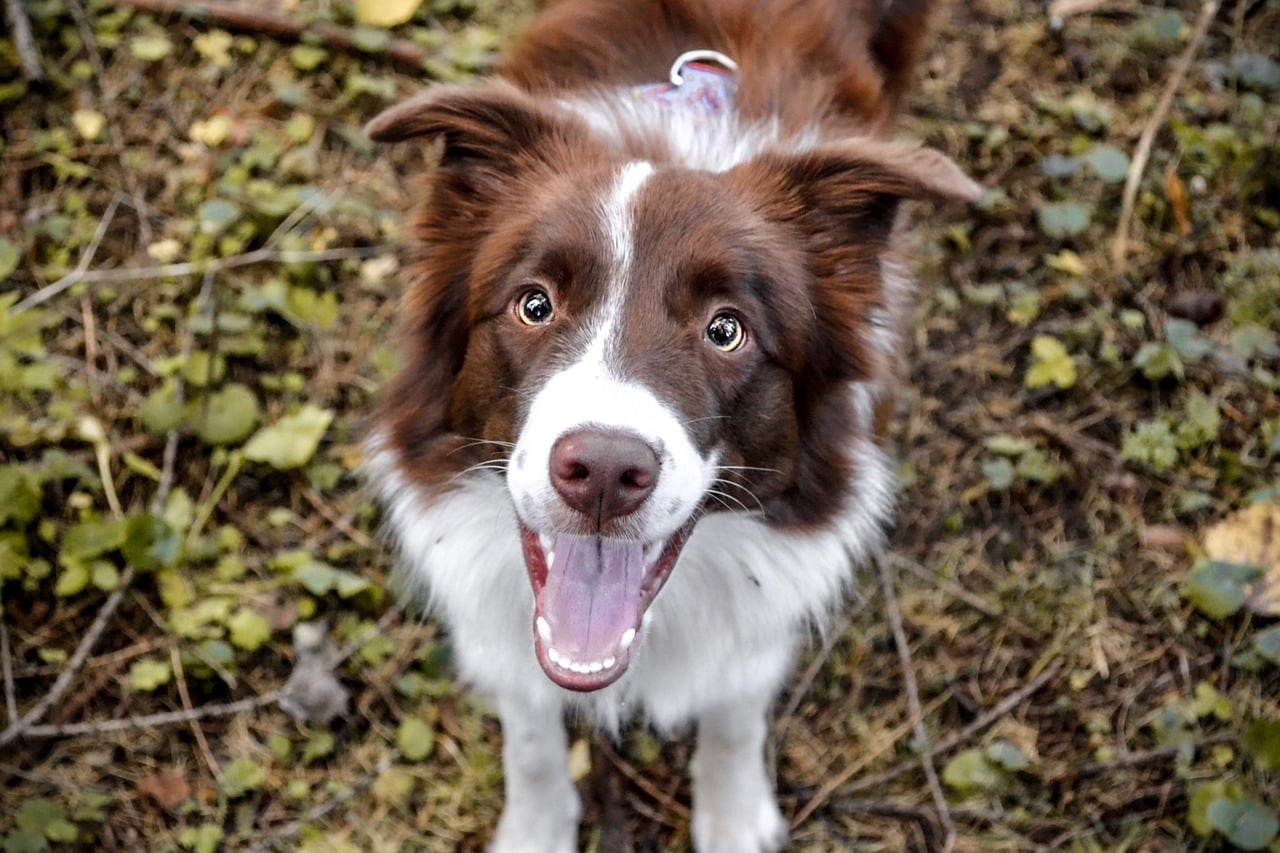 Shutterstock
Shutterstock
Border Collies are known for their intelligence, energy, and strong work ethic, and these traits extend to their ability to detect medical conditions. As one of the smartest dog breeds, Border Collies can be trained to alert their owners to seizures, diabetes, and even early signs of illness. Their strong drive to work and focus on tasks makes them excellent medical alert dogs, especially for individuals who require constant monitoring. Border Collies are highly attuned to their environment and can pick up on changes in human behavior and body language, alerting their owners before a medical event occurs. Their intelligence and natural intuition make them one of the best breeds for detecting medical conditions.
Belgian Malinois
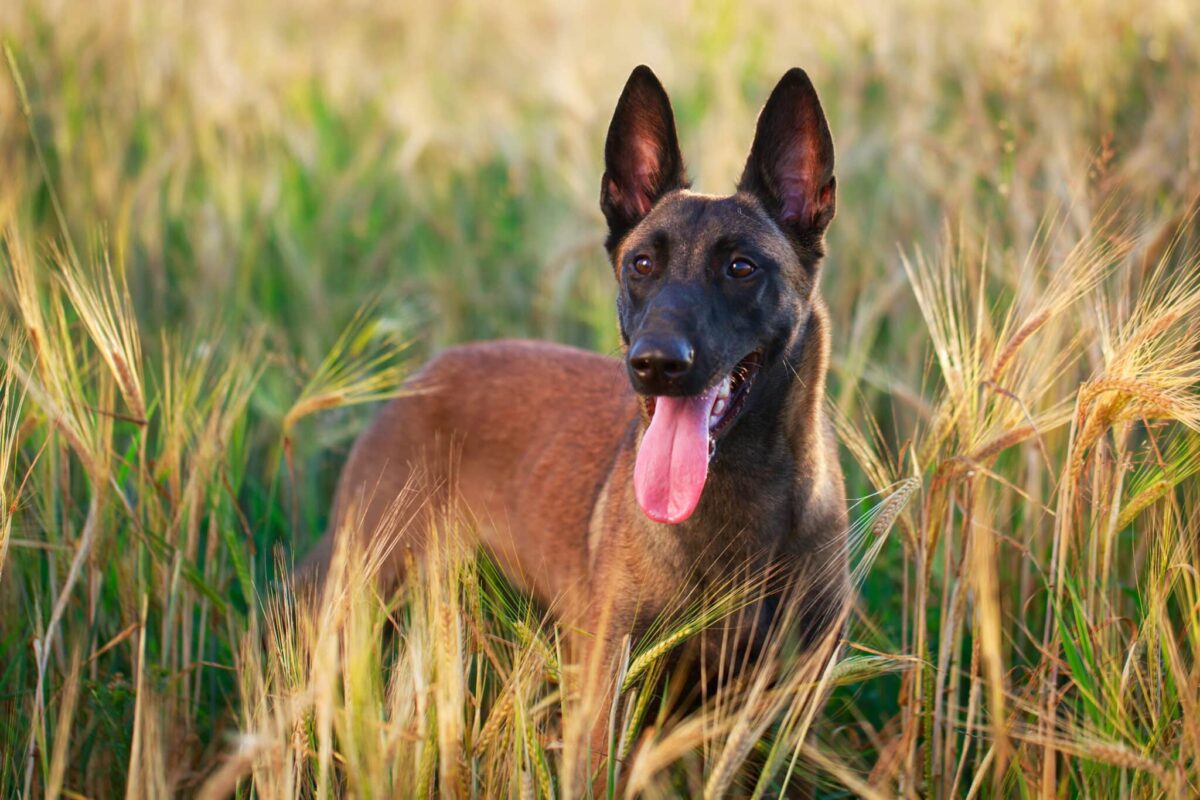 Shutterstock
Shutterstock
Belgian Malinois are highly intelligent, energetic, and often used in military and law enforcement roles due to their quick thinking and loyalty. These same traits make them brilliant at detecting medical conditions. Belgian Malinois have an incredible sense of smell, which can be trained to detect everything from low blood sugar levels to oncoming seizures. Their strong bond with their handlers means they’re constantly alert to changes in their owner’s body language and behavior, making them effective medical alert dogs. Belgian Malinois are highly energetic and need plenty of mental stimulation, but they excel in detecting and responding to medical conditions in the right hands.
Boxer
 Shutterstock
Shutterstock
Boxers may be best known for their playful personalities, but they’re also incredibly sharp when detecting medical conditions. With proper training, Boxers can learn to sense changes in blood sugar levels or even smell cancerous cells. Their natural protective instincts make them highly devoted to their owners, and they’ll go above and beyond to alert them when something’s wrong. Boxers are great at providing emotional and physical support, offering comfort during a medical episode. Their medium size and strength also make them suitable for offering physical stability if needed, making them more than just a detection dog but a reliable partner in medical care.
The “Doctor’s Best Friend” Award Goes To…
 Shutterstock
Shutterstock
Whether it’s the loyal Labrador or the sharp Border Collie, these dogs are more than pets—they’re lifesavers with fur. Their ability to detect subtle changes in human health makes them invaluable companions for those relying on their keen senses. Each breed brings unique talents, but they all share a common goal: keeping their humans safe. Whether alerting to a drop in blood sugar or assisting during a seizure, these remarkable dogs consistently prove that they are, without a doubt, “doctor’s best friend.”

 1 month ago
9
1 month ago
9
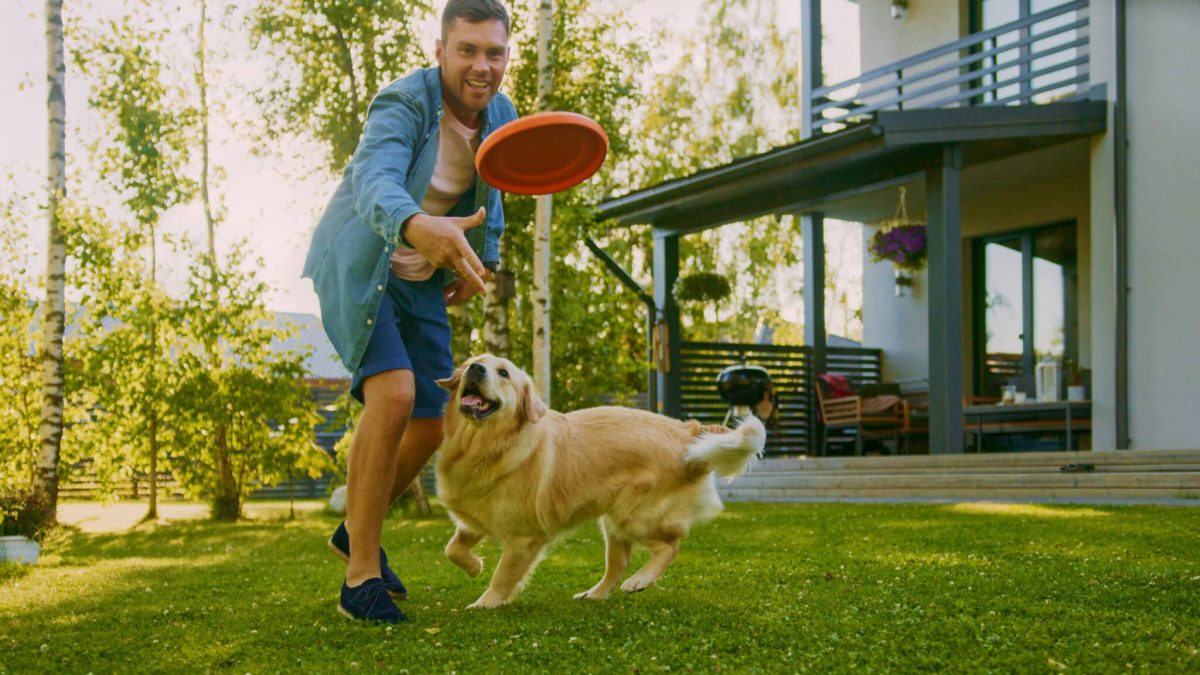

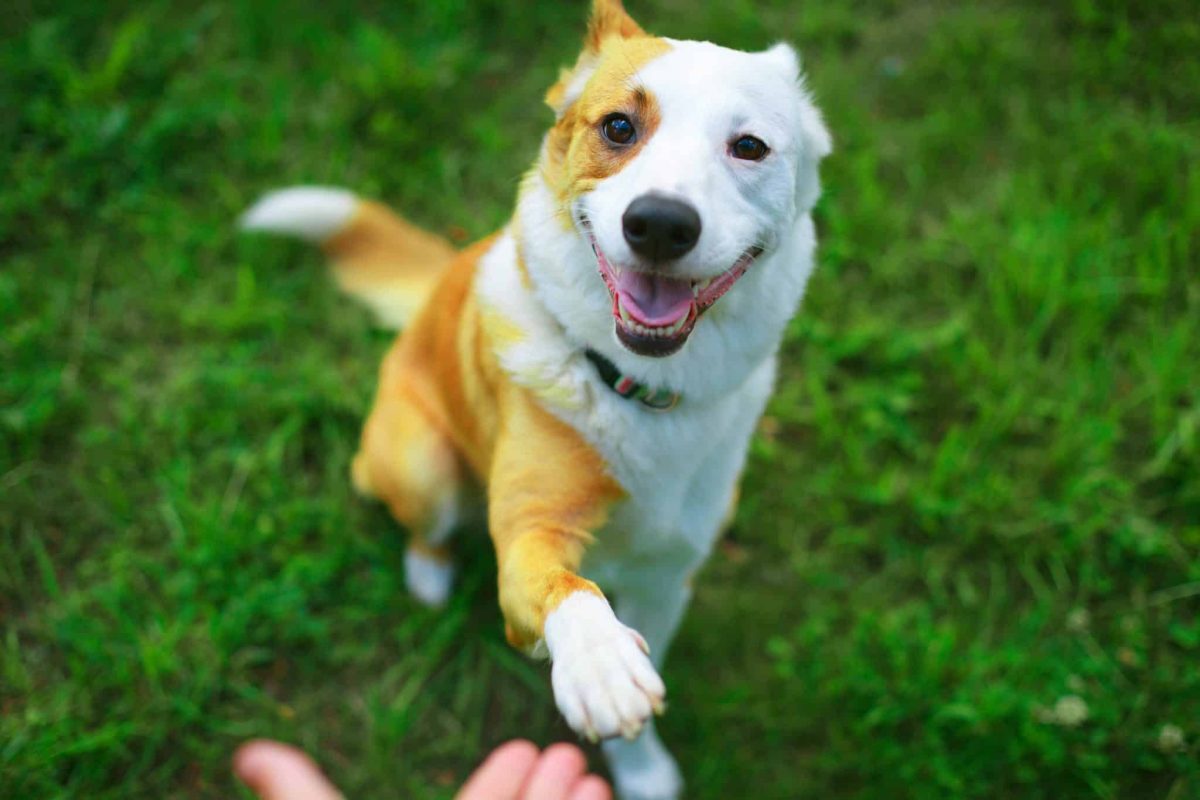



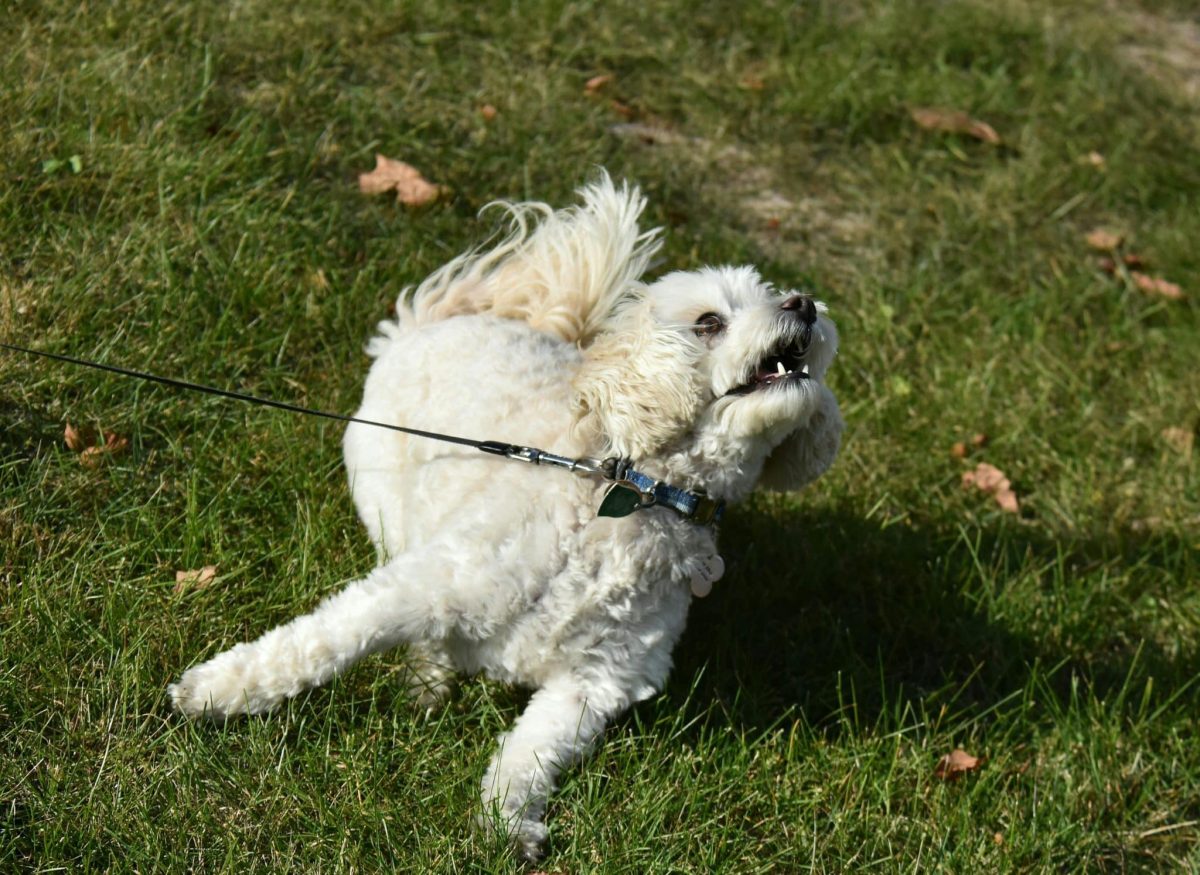



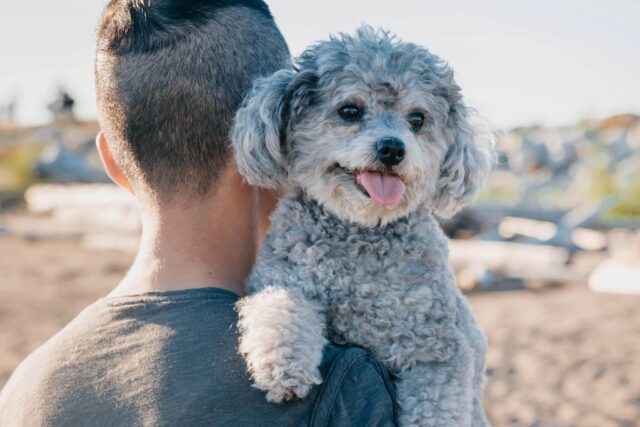

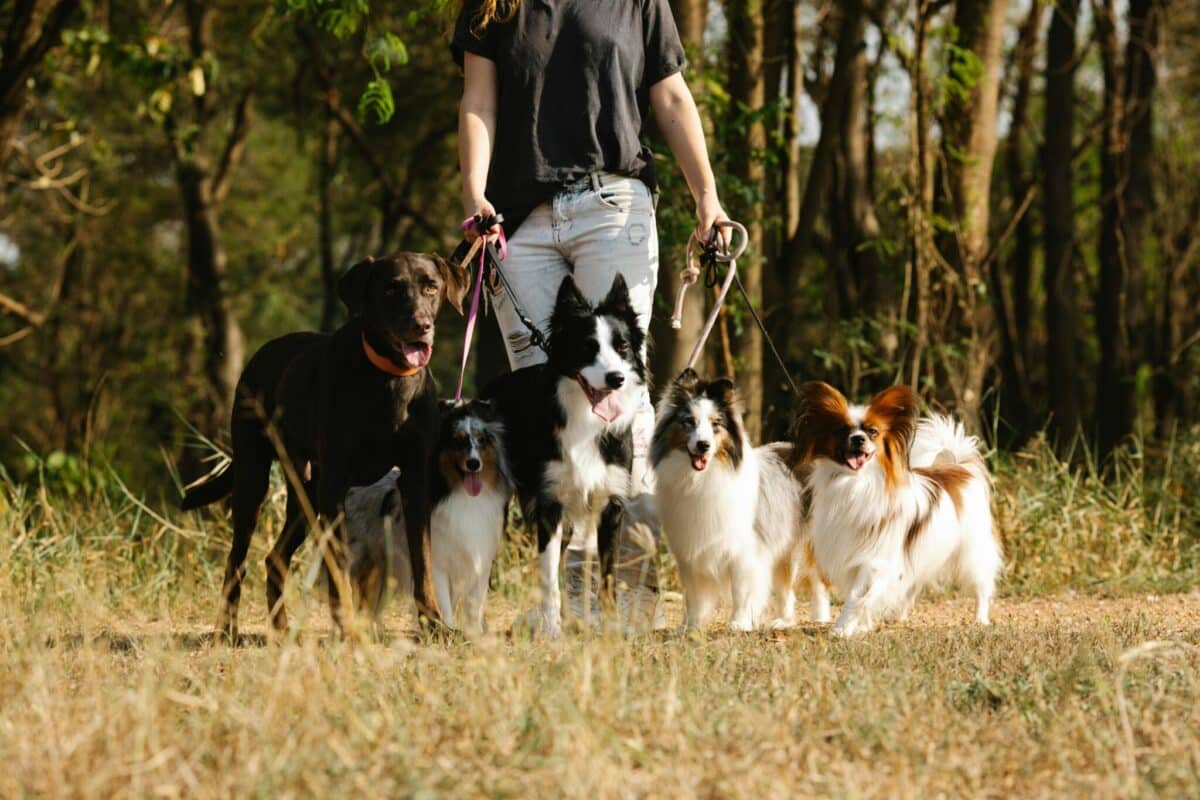

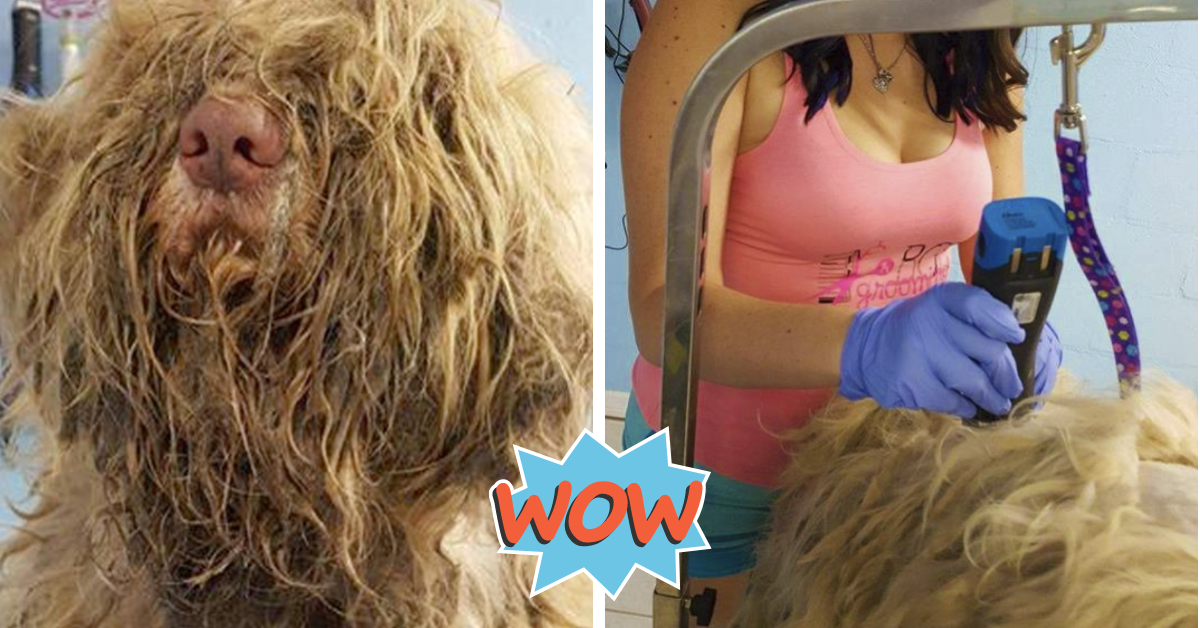



 English (US) ·
English (US) ·